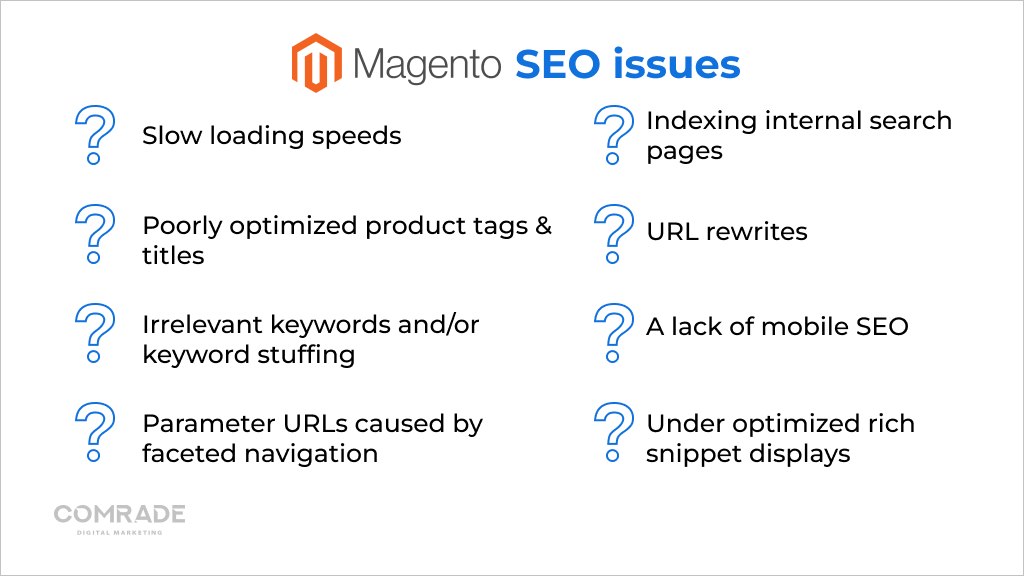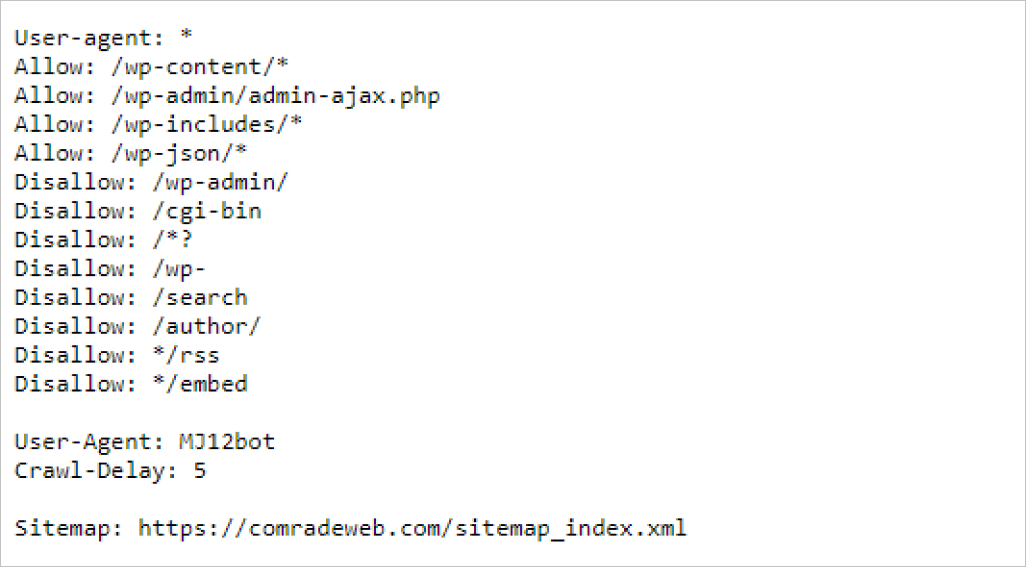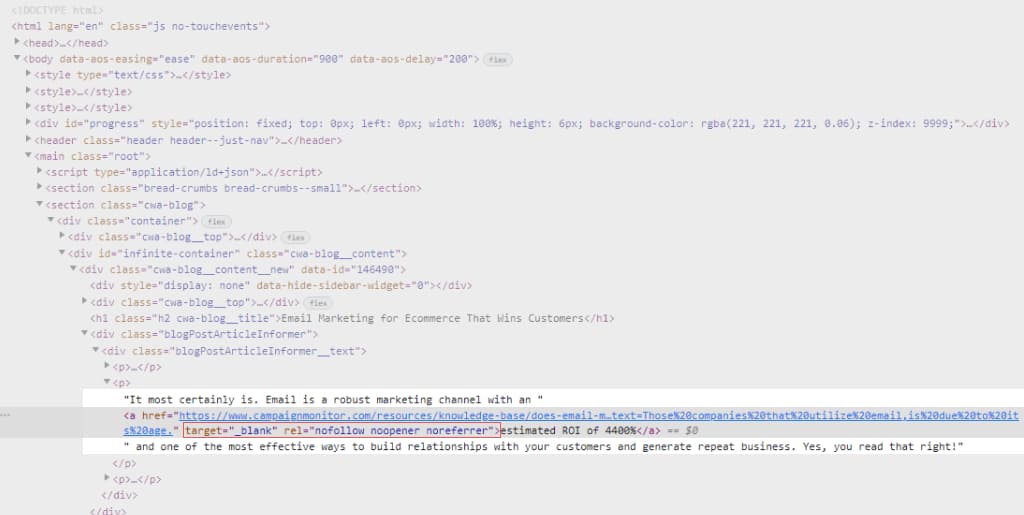SEO problems are the enemies of high search engine rankings and conversions. While there is no magic formula for SEO success, there are common issues that plague a number of eCommerce businesses using Magento. In this article, we unpack some common issues Magento merchants have with eCommerce SEO and how you can prevent them from negatively affecting your eCommerce store.
Most Common Magento SEO Issues
Magento SEO issues arise from poor on-page SEO and weak technical SEO. Thankfully, the majority of these are fairly simple to fix, though some do require assistance from an experienced Magento developer.
Generally, we can whittle down most of our Magento client’s issues to one or a combination of three things: inexperience with the platform, a lack of SEO acumen, and hiring shoddy developers.

These hindrances usually manifest as the following:
- Slow loading speeds
- Poorly optimized product tags and titles
- Irrelevant keywords and/or keyword stuffing
- Parameter URLs caused by faceted navigation
- Indexing internal search pages
- URL rewrites
- A lack of mobile SEO
- Under optimized rich snippet displays
At first, these issues may seem trivial, but over time they can compound and may lead to a loss of customers and meager business growth.
1. Slow Loading Speed
Slow websites impact crawlability and user experience. Ideally, your website should load within two seconds. Magento isn’t slow by default, so if your website lags, it’s likely because it fails to meet the platform’s technical requirements.
Your eCommerce website may be slow due to unnecessary themes, extensions, and customizations. One poorly written extension can significantly impact performance, so be sure to inspect everything with a fine-tooth comb.
Moreover, slow hardware and poor hosting, as well as not caching data, not enabling flat catalog, not minifying CSS and JS, and not updating, can also cause sluggish webpages.
To rectify these issues, we recommend you disable Magento logs (default) and enable log cleaning. This will speed up your online store. You can also use a content delivery network (CDN), to ensure your server has enough RAM and should compress your assets and images.
2. Poorly Optimized Product Tags and Title Tags
Having duplicate content and meta information on your Magento store is often caused by having multiple variations of a product because of size, color, specifications, and so on. Because enterprise-level sites have thousands of pages, they don’t lend themselves to manual editing.
Therefore, we recommend using dynamic title tags to differentiate between pages. They’re similar to static ones, except they change depending on a user’s query and/or when there is dynamic content on a page. This ensures the content of the tags and headings on your product pages are as relevant and specific as possible.
Next are header tags. These are important for Magento SEO because they help Google understand your content and make your pages readable and accessible. For this reason, you should go back and check your header tags have the right hierarchy and are utilized effectively to structure content.
As a rule of thumb, only have a single H1 on every page. H2-H4 elaborates on the core theme and follows a clear information hierarchy. Always include keywords where possible and customize the page title on each page, so it accurately describes what that page is about.
3. Irrelevant Keywords and/or Keyword Stuffing
High bounce rates, little or no organic visibility, and high impressions, but low click-through rates may be the result of incorrect keyword usage. If this is the case, you’ll need to sharpen your keyword optimization, so your content matches search intent.
Your customers are constantly searching for information that provides them with solutions to their problems. “Keywords are ideas and topics that define what your content is about. In terms of SEO, they’re the words and phrases that searchers enter into search engines,” says SEO software provider Moz.
Doing keyword research allows you to produce content with the potential to attract valuable organic search traffic month after month. Tools like Google Keyword Planner and MOZ, Ahrefs, and Answer the Public can help you discover new keywords for your business and see search estimates and the cost to target them.
On the flip side, there’s also the issue of keyword stuffing, whereby eCommerce stores pepper their websites with high-volume keywords. Search engines deem the overuse of keywords spammy and penalize Magento websites for putting keywords where they don’t belong.
The percentage of your content made up of keywords shouldn’t exceed 2%. This maintains readability and makes your web pages rank higher than your competitors in search results.
Faceted navigation is beneficial for customers because it helps them find what they need in large eCommerce sites; however, they do create a headache for search engine optimization by creating parameter URLs.
These URLs are indexed in such a way that:
- Weakens link equity;
- Passes link equity to pages that shouldn’t be indexed;
- Takes up a large portion of the crawl budget and impacts crawlability; and
- Generates duplicate content.
There are a few ways to approach these Magento website SEO issues:
- Robots.txt files: Using a robots.txt file is an easy way to block parameters, but it can impact programmatic campaigns.

- Google Search Console: Simply add the parameter, describe how it changes the content seen by the user, and what Googlebot should do with the URLs.
- NoFollow links: Adding no-follow links to faceted navigation stops Google from crawling pages. However, if the pages are linked to your sitemap, they’ll still be indexed by Google.

- AJAX navigation: You can adjust the content on category and product listing pages without changing the URL. That being said, this can slow down site speed.
- Canonical tags: Use canonical tags to tackle duplicate content. They signal to Google that multiple versions of the same content should be treated as one page.

5. Indexing Internal Search Pages
Every time a customer performs a search on your Magento site, a new URL is created. Every so often, Google indexes these URLs creating indexation bloat, which limits website crawlability. The best way to remedy this is to add noindex tags to internal search results pages or block them with robots.txt.
Your catalog’s search pages will likely include relevant keywords; however, they’ll land up competing with categories or product pages better suited for these keywords (This is known as cannibalization.) As a result, Google can’t discern which content to rank higher and will sometimes give a higher ranking to a catalog search URL that shouldn’t be prioritized.
We recommend using the search term report in Google Analytics or Magento to understand which search terms are popular for your store, so you can create dedicated category pages. If categories already exist, then improve your website navigation, so visitors are compelled to use the menu instead of conducting an internal search.


6. A Lack of Mobile SEO
Google’s algorithm follows mobile-first indexing, meaning it permanently uses the mobile version of websites for indexing and ranking. Thus, websites not optimized for mobile tend to experience lower traffic, fewer leads, and a drop in business revenue.
And it’s for a valid reason: 79% of smartphone users make purchases using their mobile devices! We know standard desktop websites render atrociously on these devices, whereas mobile-optimized sites seamlessly adjust to small screens and automatically format content and interfaces to provide positive user experiences.
Not too long ago, website builders would create two sites—one for mobile and one for desktop. Nowadays, it’s better to implement a responsive design that responds to users’ behaviors and environments based on screen size, platform, and orientation.
Mobile SEO is also important for local SEO. Roughly 97% of people who search online look for local businesses. These people want to buy. If they find your website while doing a mobile search, they’re more likely to make a purchase. Poor mobile SEO translates to poor local SEO, thereby hurting your overall ability to attract customers.
7. URL Rewrites
Another common issue we experience with 90% of our clients is URL rewrites. Magento can produce duplicate product categories or product URLs. These should be blocked via Robots.txt and monitored, especially if they revert back without reason or a 3xx redirect.
Magento also adds .html extensions to product and category URLs out of the box. While not the worst thing for SEO, it does make URLs less readable. You can easily configure this from the dashboard and replace “.html” with “/”. This results in a cleaner URL format.
A word of caution: If your store has already existed for some time, changing the “.html” field could cause a drop in rankings. Therefore, you might consider keeping the extension. Additionally, old URL paths won’t automatically redirect to new ones without the “.html” extension. This means you may have to implement global redirect rules to old pages.
8. Under Optimized Rich Snippet Displays
Rich snippets improve click-through rates and boost visibility. They usually answer a question, provide in-depth information, and offer additional resources such as reviews and prices on a topic when relevant.
The issue is default Magento 2 websites only display ratings and reviews about a product in SERPs. So, you’ll have to use an extension like Google Rich Snippets if you want to include other information. The Google Rich Results Tool is also handy to validate and test the syntactic correctness and alignments of your schema markup.
Rich snippets are not a Google guarantee. The most important thing to understand is Google aims to help users find the best information possible. As such, you should constantly strive to have the best content. Hence, the importance of keyword research.
Creating quality content and implementing our SEO fixes, gives your visitors a better experience, which Google rewards with higher rankings and more traffic. SEO is powerful because it intentionally drives leads to your website and delivers an ROI that is 12.2x more than traditional marketing spend.
Comrade Can Fix Your Common Magento SEO Issues
Swiftly tackling Magento SEO challenges is necessary to maintain a healthy website primed to attract organic traffic. When done correctly, it helps you create high-quality content to satisfy user intent, and create a Magento website that Google bots can find, index, and rank.
As web development and digital marketing experts, we’re adept at troubleshooting common Magento SEO issues. Better yet, we create eCommerce stores with excellent SEO optimization, so our clients never have to deal with default SEO issues. Contact us today to find out more about our professional Magento implementation services or to resolve any SEO issues.


